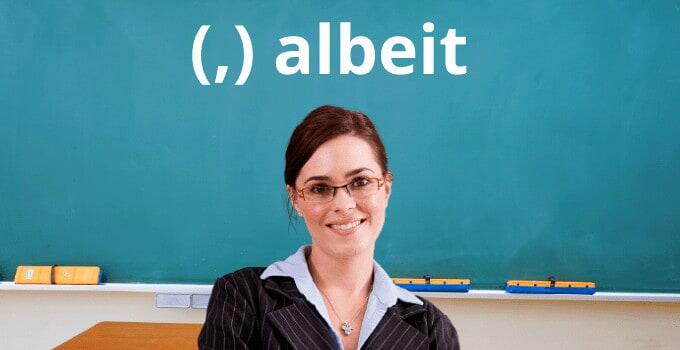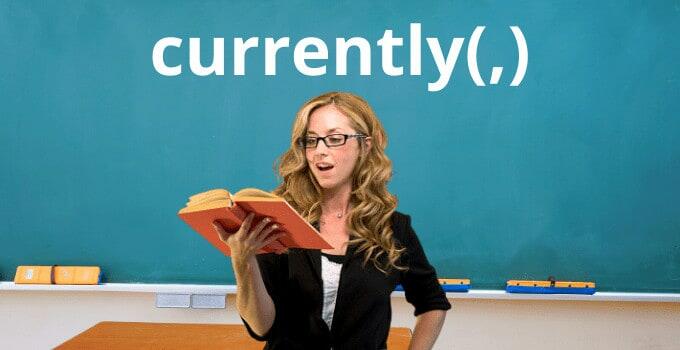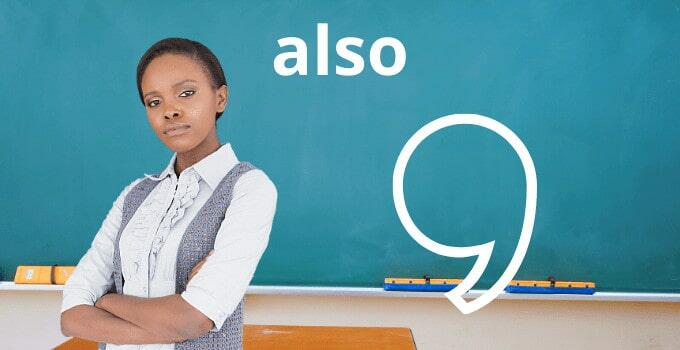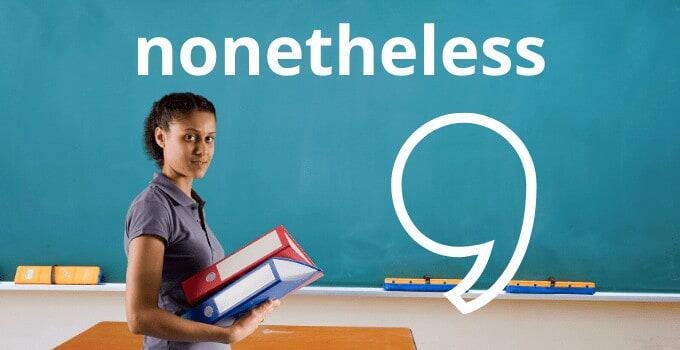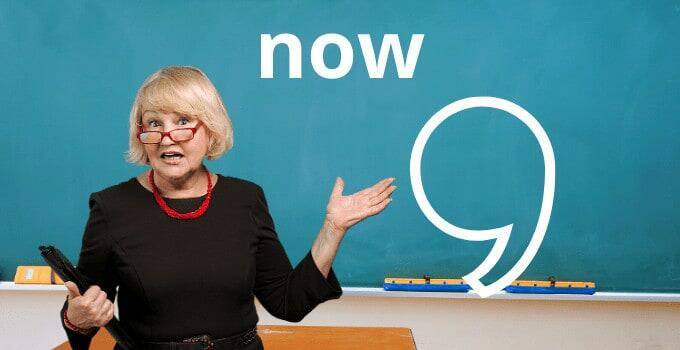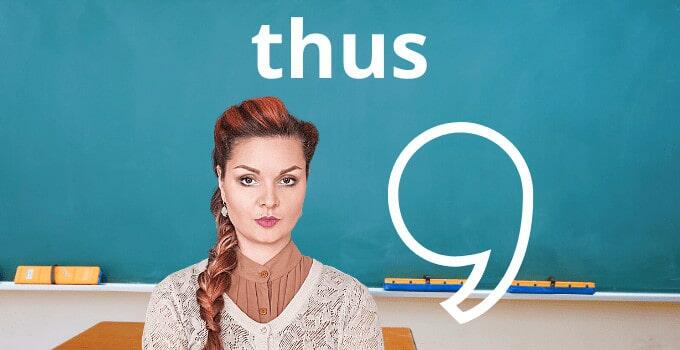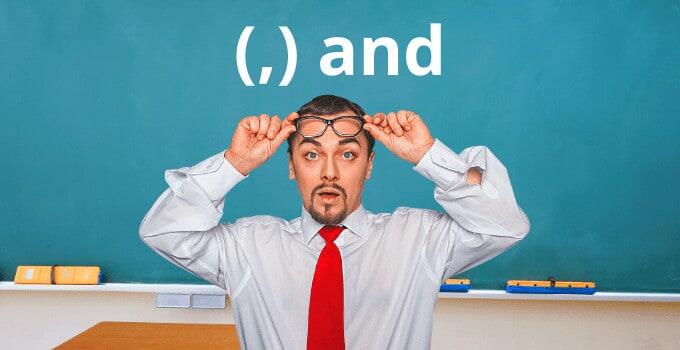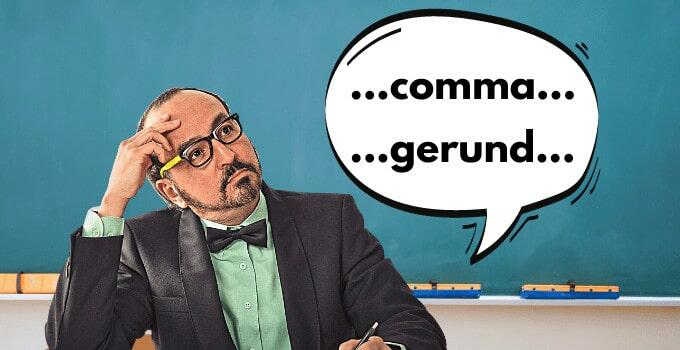Researchers have shown that being polite has a ‘positive social value’ in many cases. In other words, it pays to be polite. One of the easiest ways to do that, as any parent knows, is to say “please” and “thank you.” But where do the commas go if you’re thanking someone? Read on, please, to …
Commas
The written system of non-lexical items in texts is known as punctuation. Punctuation marks are guiding signs for readers so the words do not crash into one another, thereby preventing word traffic collision. In short, punctuation marks are the traffic signals in the crowded community of paragraphs. And why are these marks important? Of course, …
Some words or phrases are often or always used in a way that means they will need to be followed by a comma. Other words or phrases can take up several different positions in a sentence. Whether or not a comma is needed will vary based on where the word is. “Currently” is an example …
Writing could sometimes feel like grasping at straws when we have to decide whether or not to put a comma before or after a certain word. As perplexing as it may seem, punctuations such as commas are actually fairly easy to use. Punctuation should become much less difficult, especially if we know our cohesive devices …
Deciding where to place commas often takes its toll on anyone trying to write a sensible text. Comma-decisions oftentimes are a cause of writing mishaps such as meaning ambiguity or unnecessary complexity. Although accidental comma mistakes sound amusing and entertaining in many cases, it is still recommended to correctly position this punctuation to prevent misinformation. …
No matter how many times you use the word now and commas together, you might still get confused about whether you are doing the right thing. You are not the only one experiencing this. English can be a complicated language with complex punctuation rules, especially when it concerns comma usage. In this article, we are …
Commas can be tricky. On top of that, “thus” can be a tricky word. “Thus” can mean “in this way” or “like this.” It can also have the same meaning as the words “consequently,” “therefore,” and “as a result of.” Knowing when a comma is needed with the word “thus” depends in part on which …
Despite popular belief, the rules for using commas in a sentence don’t depend on what comes before or after a specific word. Another common misconception is that you need a comma any time you would pause when speaking. The truth is that the purpose of a comma is to provide clarity to a sentence by …
A gerund is a verb with “ing” added to the end of it. That sounds pretty straightforward, but identifying a gerund is not quite as simple as that because adding “ing” to a noun does not automatically make it a verb. Only some verbs ending in “ing” are gerunds. We’ll discuss more at length how …


